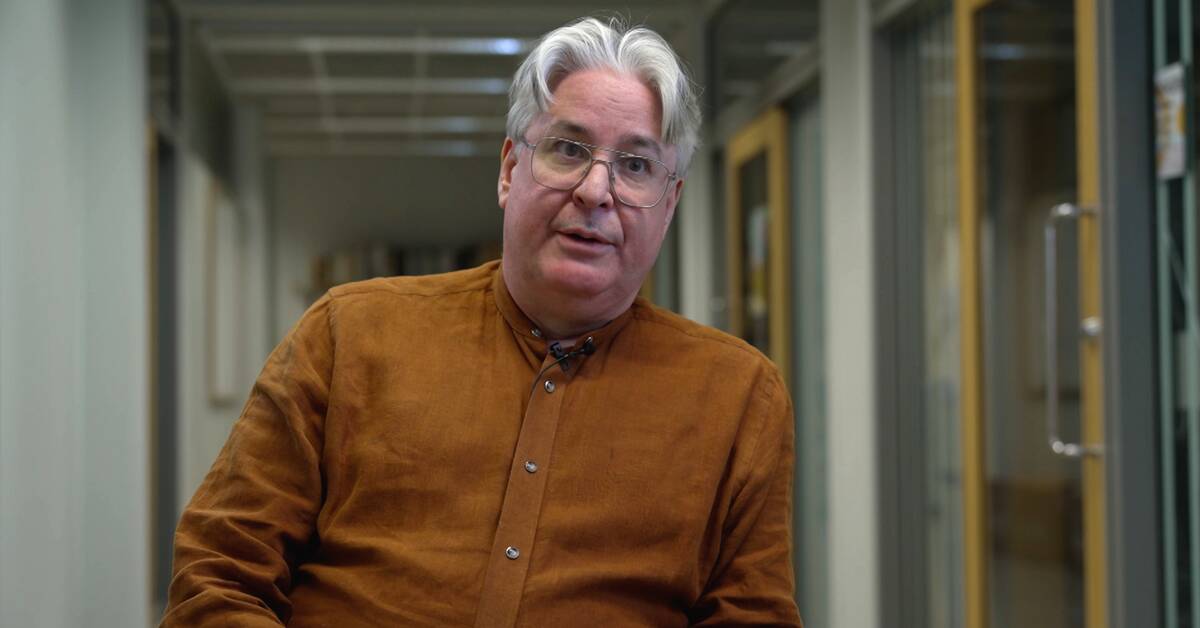- We are very slow in Sweden.
And that might surprise me a little.
Swedish consumers are no better off than Norwegian and Finnish consumers.
I would like to know more about how the discussion went in other countries.
But they seem to have discussed less than we do in Sweden and reacted more, says Mats Nilsson.
The image that Sweden would have been somehow worse than other countries in Europe is not shared by Pär Holmberg, who is also a docent in national economics and works at the Institute for Business Research (IFN).
He believes that the first electricity subsidy in Sweden was well designed, but is somewhat skeptical of the new subsidy as there is a risk that electricity savings will decrease if households and businesses get used to repeated electricity subsidies.
That Sweden might pay out less money in pure kroner and ören than other countries in Europe is nothing strange, he believes.
- Admittedly, Sweden has quite low levels of support.
But it is also due to the fact that we had an electricity market that worked better than the rest of Europe.
We have had lower electricity prices in Sweden and in Malmö than in the rest of the EU.
So we haven't had the same need for support here.
Reduced VAT and tax
Despite this, Mats Nilsson believes that Sweden should have lowered the VAT and the tax on electricity, something several other countries in Europe have done.
But that would be the wrong way to go, says Pär Holmberg, because according to him, a lower price for electricity risks that we stop saving in the same way as now.
- If consumption goes up, the spot price on the electricity exchange will go up.
And then it becomes more expensive for many companies that are VAT exempt anyway.
So what you give to households can affect companies.
Mats Nilsson does not believe that households would stop saving electricity just because the price goes down a little.
- When you go from 20-30 öre in energy prices to several kroner, then the energy price increase is so great that it is enough of a driving force for people to act.
Otherwise, it just feels like the state is making money from it, and that feels very wrong to me.

